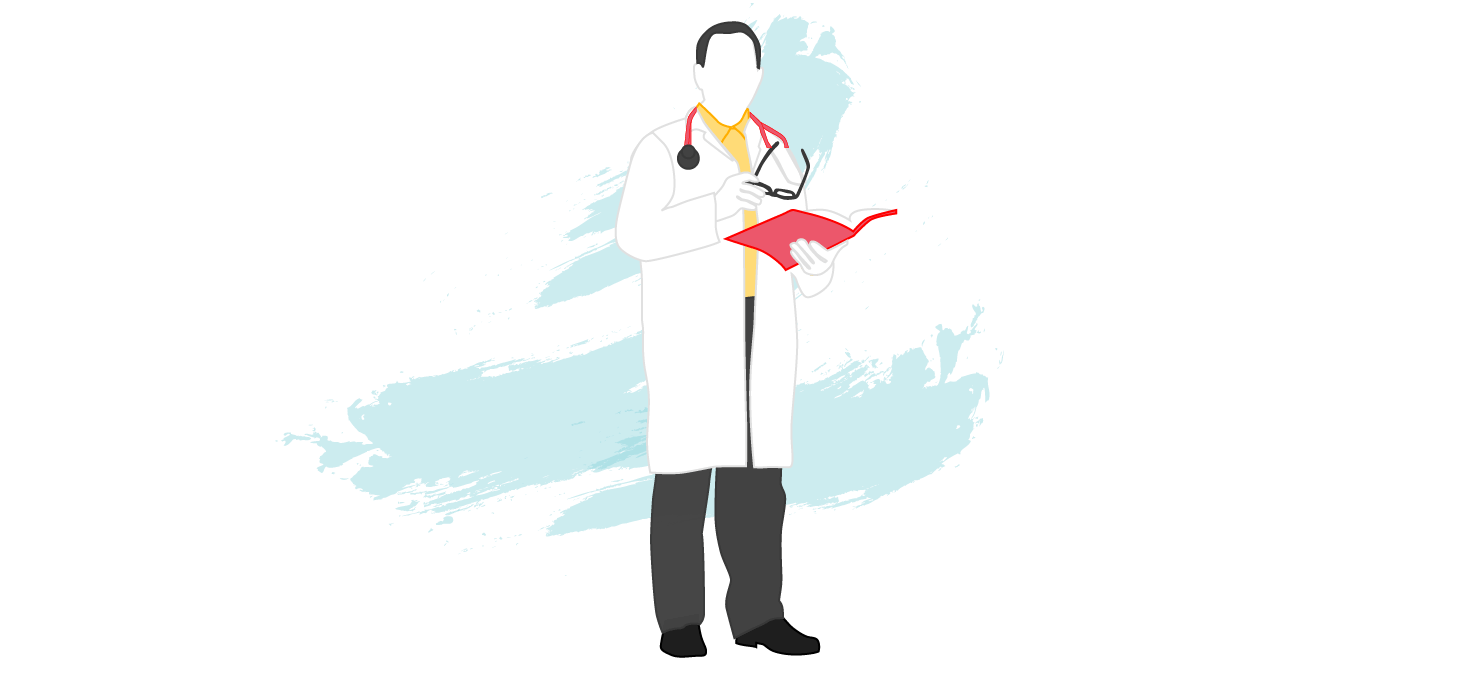Life Insurance is one of the most important protections to purchase if you have loved ones that rely on your contribution to the household and who would face hardship if your income suddenly dropped out.
They might struggle to continue paying a mortgage without your income, for instance, or simply not have the financial means to maintain their current lifestyle if you were to pass away.
Personal Life Insurance pays out a lump sum to your loved ones if you die during the term of your policy.
There are two main types of Life Insurance:
Both last for a set term, but with Decreasing Life Cover the payout falls over time, typically in line with an outstanding mortgage. As the benefit reduces over the length of the policy, it’s the cheaper of the two options.
Level Life Insurance remains fixed throughout the policy. It’s more used to provide your family with financial stability, no matter when you die. It will leave behind exactly the same amount if you die in the first year of a 25-year policy as if you died in the 24th year.
Alternatively, if you don’t want the payout to be given to your loved ones in the form of a lump sum, you can choose Family Income Benefit instead, which pays out an agreed sum on a regular basis to offer ongoing support for the remainder of the policy term.
Family Income Benefit usually runs until your youngest child has finished their education and is ready to be financially independent.
Why Consider Life Insurance?
If you have dependants who rely on your income, then it’s important that you provide them with some kind of financial support if you die.
With a Life Insurance payout, your loved ones could clear away the debts that they may struggle to pay off without the aid of your income.
Alternatively, they might use the payout to cover their daily expenses until they can secure a stable, regular income without you or they could put it towards funeral costs.
There are many ways in which a Life Insurance payout can be put to good use and many reasons why a Personal Life Insurance policy is a valuable protection product.
Most Life Insurance policies typically have a Terminal Illness benefit built in that allows you to claim during your lifetime if you are diagnosed with a terminal illness (where a doctor tells you that you’re not expected to survive for more than 12 months). This can help greatly towards costs associated with being terminally ill.
Should I write my Life Insurance into trust?
Writing your Life Insurance policy into trust is a way to ensure that your loved ones receive your policy’s payout without inheritance tax biting a chunk out of it. Writing your policy into trust also allows the benefit to bypass probate and therefore reduces the amount of time it takes for your payout to get to the people who need it.
Personal Life Insurance with Critical Illness
With most Life Insurance policies, you will be given the opportunity to add Critical Illness Cover.
A joint policy has a few benefits and drawbacks compared to purchasing two separate policies that you’ll need to consider.
One of the main benefits of purchasing Life Insurance with Critical Illness Cover is the cost. As a joint policy, it costs less to have your Life Insurance and Critical Illness Insurance on the same policy compared to purchasing two independent policies.
However, there is a drawback that may negate the appeal of a cheaper policy.
Life Insurance with Critical Illness Cover will only usually pay out once. If you claim on the Critical Illness element of the policy for a condition that incurs a 100% policy payout, the insurance terminates. This includes the life cover.
If the critical illness you suffer is less severe and only warrants a percentage payout, the remainder will still be available to be paid out should death occur, but it will be less than the full amount you initially insured yourself for.
Do I Need Personal Life Insurance?
Whether you are the primary earner of your family or you take on the majority of the childcare, your loved ones could struggle to manage their finances without you. How would they cope in your absence?
While it’s obvious that losing a breadwinner would be problematic for a family, you also have to consider who would do the work of a stay-at-home parent if they were to pass away and the breadwinner continued to work.
Who would look after the children and the home? Would you suddenly incur much increased childcare costs that would need to be met in such a situation? As such, it’s often the case that it’s worth considering both parents’ contribution to a household, even where one doesn’t work or works reduced hours to take care of children.











